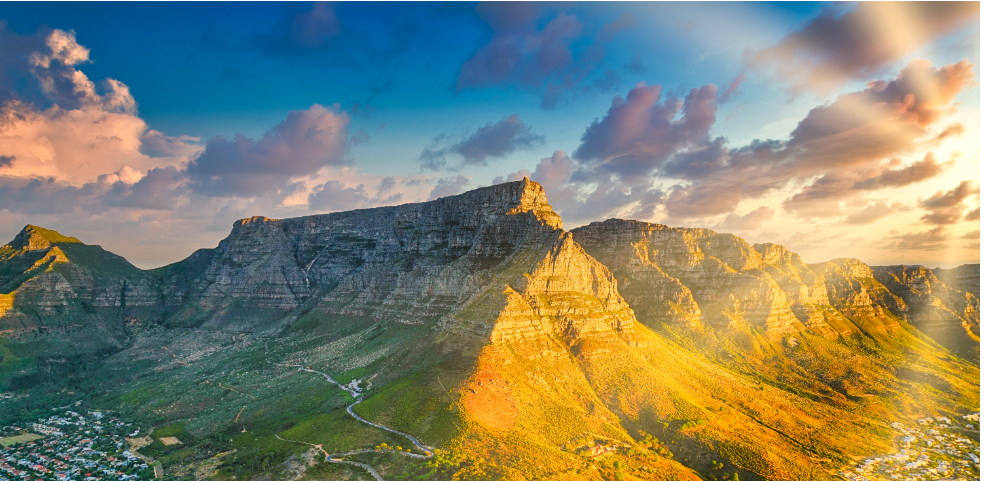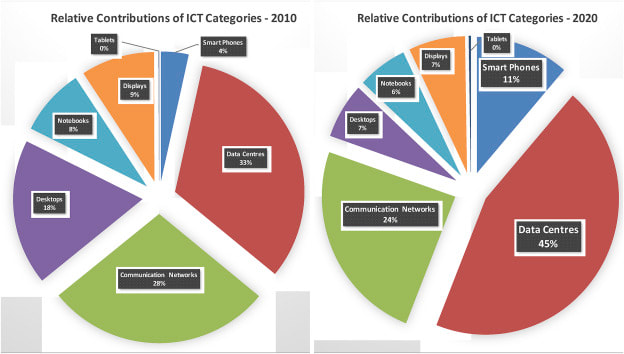|
This blog is part of the section on coloniality and the exploitation of natural resources. This in itself is wide ranging, so this blog is very briefly about how those of us working in teaching and learning in digitally-mediated higher education can't really escape thinking about greenhouse emissions. The link between digital business models and climate change may be less obvious than other characteristics of coloniality. It was an area that I had an inkling about but once I explored it, I went down too many rabbit holes (many references!) to elaborate on in one blog post. During Covid there has been a fair amount of coverage about how lockdown has been good for the planet and how greenhouse emissions plummeted. Which is wonderful and has led to conjecture about how this might be sustained. At the same time, in Higher Education, there have been calls for increased investment in digital infrastructure, for a variety of reasons. While these seem commonsensical, they have to be made with an eye on the planet. Digitisation exploits mineral resources (which deserves a blog of its own) and it contributes to greenhouse emissions. One useful paper Assessing ICT global emissions footprint: Trends to 2040 & recommendations* (worth reading in full) studied the changes over ten years, summarised in these graphs. What is immediately noticeable is the growth of green house emissions from smart phones and from data centres (i.e. "the cloud"). Policy researchers such as Research ICT Africa argue that ubiquitous smart phone ownership is needed to overcome the digital divide. Analysts such as Gartner, and many others have underlined that HE information systems are moving into “the cloud”. So to overcome digital divides, and follow current trends, there is a danger of worsening green house emissions. A paradox? These trends combined with these graphs make a striking case for green energy in higher education digital infrastructure, highlighting that it is impossible to divorce the opportunities of the digital for teaching and learning (and higher education) from responsibilities to the planet *The study was undertaken pre-pandemic; I wonder what the situation looks like now?
0 Comments
Your comment will be posted after it is approved.
Leave a Reply. |
AuthorI am a professor at the University of Cape Town in South Africa, interested in the digitally-mediated changes in society and specifically in higher education, largely through an inequality lens Archives
April 2024
Categories |



 RSS Feed
RSS Feed
